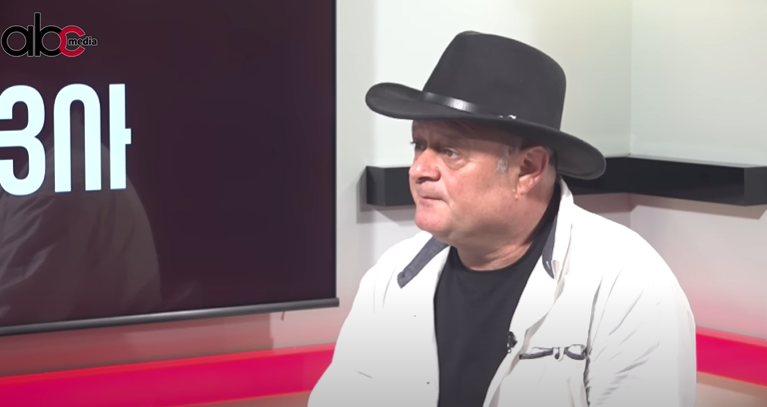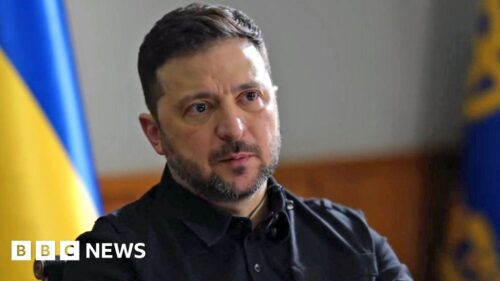
Artur Safaryan: Homeland is the living image of human dignity; Your homeland is you…
ABC Interview’s guest was songwriter, producer Artur Safaryan. We talked with Artur mainly about the 44-day war, in which the musician fought. Arthur believes that one of the first reasons for our defeat is that the war did not become a patriotic one, that we did not understand the importance of that struggle as a nation. Despite the current situation, the producer is sure that everything can yet be fixed.
– There are people who do not want to talk about Artsakh, saying that it is difficult for them to do that. Now any conversation about Artsakh is like a conversation about the memories of Artsakh. Do you think so?
– Now, more than ever, I prefer to talk, to talk, to tell, and if need be, to scream… One shouldn’t live like a rootless plant.
– What are the borders of the Homeland for you? Where does it begin and where does it end?
– Homeland is the living image of human dignity; your homeland is you…
– What does that image look like for you?
– That’s why I’m offended, for keeping quiet, not speaking, not rebelling, for rebelling, but not properly. They should not hold rallies or demonstrations; they should rebel as true men, saying that we have had enough of that, that we cannot continue like this. You don’t have to continue a bad thing to the end to understand that it is bad. A wise person should nip everything bad in the bud. You can make a mistake, it’s a human thing to make a mistake, but it’s one thing when you admit your mistake and take steps to rectify it, and it’s another thing when you make a mistake and, like a demagogue, keep insisting that you’re right.
– You took part in the First Artsakh War as a documentarian, and in the second war as a fighter. Why do you think we won the first war and lost the second one?
– It was a Patriotic War, and there was no nationwide rebellion to face that disaster. But things were different during the first war. There is a difference in the awareness of identity and dignity with regard to those two cases. Those shameful approaches to the Homeland, the border, the soldiers, the army, the dignity of Armenians, those shameful approaches that can be seen today, did not exist in the ‘90s.
– Even in difficult situations, did you allow yourself to think that we might lose? I want to understand the psychology of fighters.
– A fighting person does not think much, he has neither time nor opportunity to think. If you fight, if you believe that you are not fighting in vain, if shells are constantly exploding above your head, one thinks that all of this is not in vain: there is a village behind him, there are relatives, there is a family, there are people who need him, especially when you are constantly told the lie behind your back that we will win. On the battlefield, you yourself are convinced that if you fight, you will win. The worst thing is the disappointment that comes after that. I don’t know who expressed this genius idea, “Man comes out of war, but war does not come out of man.”
– Do people create heroes for themselves from a lost war?
– I think heroes have nothing to do with victory and defeat. Aren’t the boys lying in our Yerablur now heroes, if we lost the war? And what would happen if they weren’t there fighting? Let’s imagine for a moment: A flood is coming upon you; you may not be able to completely block the road, but you block it partially and your house and place remain partially standing. Isn’t that enough to make them heroes? There is also another opinion that they died for nothing… What kind of soul should one have to say such a thing…
– I have heard opinions that until we know what really happened in Artsakh during those 44 days, we cannot move forward; until we examine and rethink everything, the progress of the country will be impossible.
– It was not clear then, and it is not clear now… It is not that I have any exact information about the negotiations or state decisions, but I can assume and check them with the events taking place over time. I will tell again, if 80% of our people hadn’t wanted it to happen, it wouldn’t have happened. In 1992-1993, nobody talked about betrayal, black and white, resistance and opposition forces; if anyone spoke about such things, they would be severely punished. Can you imagine someone saying that they recognize Artsakh as a part of Azerbaijan? That person would be shot in the street and that would be the right thing to do…
Interview by Lena Gevorgyan


